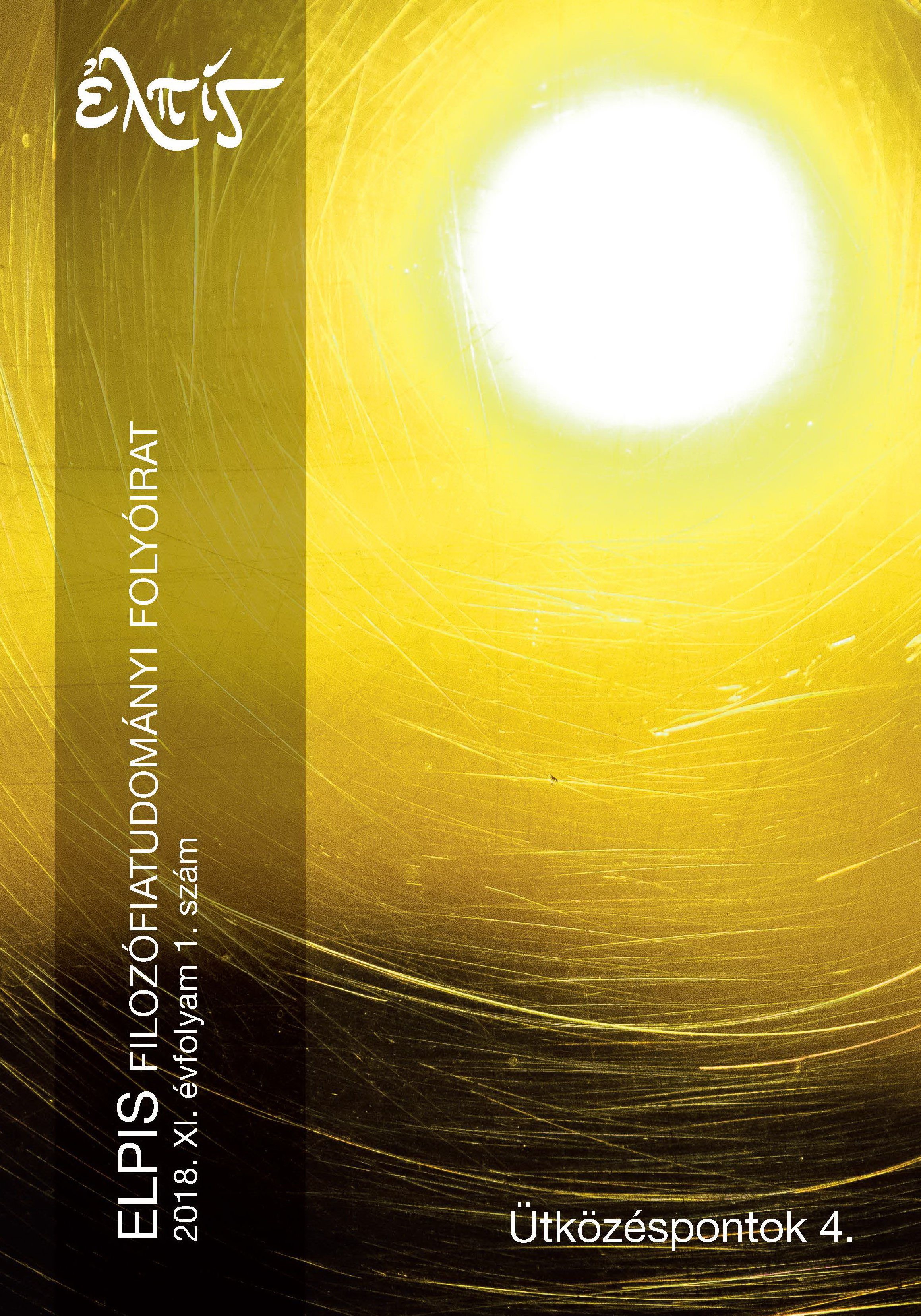“Liberalism” versus Modus Vivendi
DOI:
https://doi.org/10.54310/Elpis.2018.1.7Keywords:
John Gray, Liberalism, Modus Vivendi, Political PhilosophyAbstract
John Gray in Two Faces of Liberalism presents two different understandings of liberalism. One is “mainstream” liberalism, which he views as an heir to the “Enlightenment project”. Gray clearly rejects the project along with this conception of liberalism. His critique is targeted at the idea – based on misguided Enlightenment aspirations – that moral-rational consensus is possible and necessary for peaceful co-existence. Gray argues that it is modus vivendi liberalism that recognises this mistake and its refutation, the fact of value-pluralism. Modus vivendi liberalism is aware of the resulting limits and thus prefers compromise to consensus as the foundation of co-existence. However, seeking compromise is not without problems, which are not resolved by Gray’s proposed answer grounded in the concept of universal goods and evils. By presenting the adequacy of Gray’s critique and the analysis of difficulties of modus vivendi, in my paper I wish to show the conceptual differences between the two understandings of liberalism and their potential refinement.




